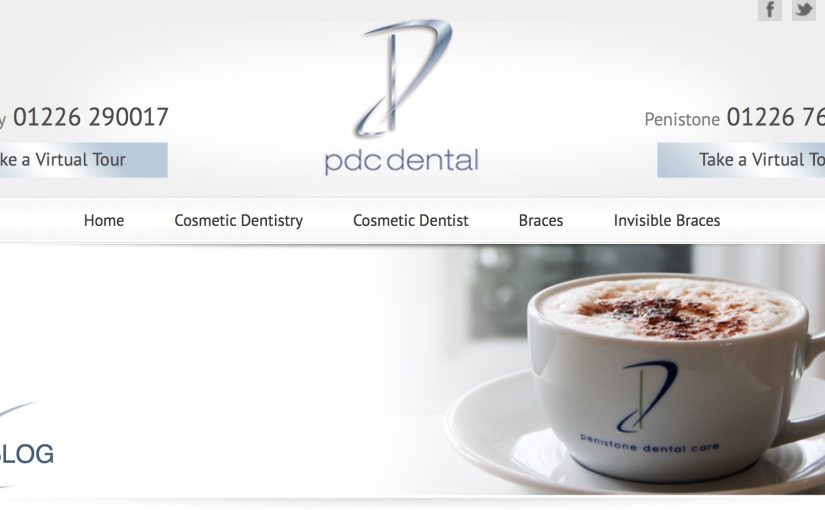Like most successful habits, writing a dental practice blog is difficult to get started, to maintain and to populate with interesting content.
I recommend that my clients publish a blog post once a week, to add to their daily social media posts and a monthly email newsletter.
Cutting to the bottom line, the reason you do all those things is not to satisfy a narcissistic urge to be seen by the world, rather to embrace the digital connectivity that is changing our lives.
Google loves all of that activity and, along with keeping an eye on your reviews and responding to whatever SEO you have in place, will “see” your posts, blogs and newsletters as a sign of influence, with a corresponding improvement in your organic search position.
More importantly your existing patients, along with their family, friends and colleagues, will note any content that is remark-able and pass it along.
This allows you to take part in the low-cost digital numbers game that increases the possibility of a new patient calling.
Blogging FAQ’s:
- How do I get started?
As in all things, book some time.
Firstly, you will want to find a blogging platform that is easy to access and learn (I’ve used WordPress – one of the biggest and most popular in the world – for years).
It’s a good idea to chat with your web developer on this and listen to their recommends as it may well be the case that they will set the platform up and keep an eye on things back-stage for you, particularly as you take your first baby steps.
Your web developer can also advise on the branding and look of the blog.
Booking time also means an appointment with yourself once a week to make sure that you have some uninterrupted time to write the blog – in a local coffee bar, in your office at home, wherever suits. Try also to identify a time of day when you are in the mood.
- What should I write about?
In earlier posts I have suggested that 80/15/5 split – with the appropriate consents, 80% stories about patients whose lives you have changed, 15% about you and your team, 5% about dental education and innovation.
Other useful tips:
- Try and create titles that will draw the reader in to find out more
- Use good quality graphics and add an interesting photo to each post – I use Adobe Stock Photos (for which I pay a monthly subscription) and also some of the free image sites that abound (Pixabay, Getrefe.com) or grab a relevant screen shot (as with this post)
- Make sure that you add categories and tag words for ease of navigation
- I don’t personally get involved in all that back-linking fancy stuff that the experts recommend, as I see my blog as a conversation with my audience and not as an outright digital marketing exercise
- Try your hardest NOT to sell products or services through the blog – readers will get bored very quickly if they think you are just pushing stuff at them
- Re-purpose the blog posts – this is important – it simply means re-posting your blog across other social media channels – my blog is reposted on Facebook, Twitter and Linkedin every day. I do this manually but there are some applications like Hootsuite and Meetedgar.com that can automate this process for the turbo-user
It’s often the first step that is the hardest – here’s an example.
My friend Alex Jones at PDC Dental has finally started after some encouragement.
Here is his first post (just click on the word “Time”), published in order to make him accountable to write more!

